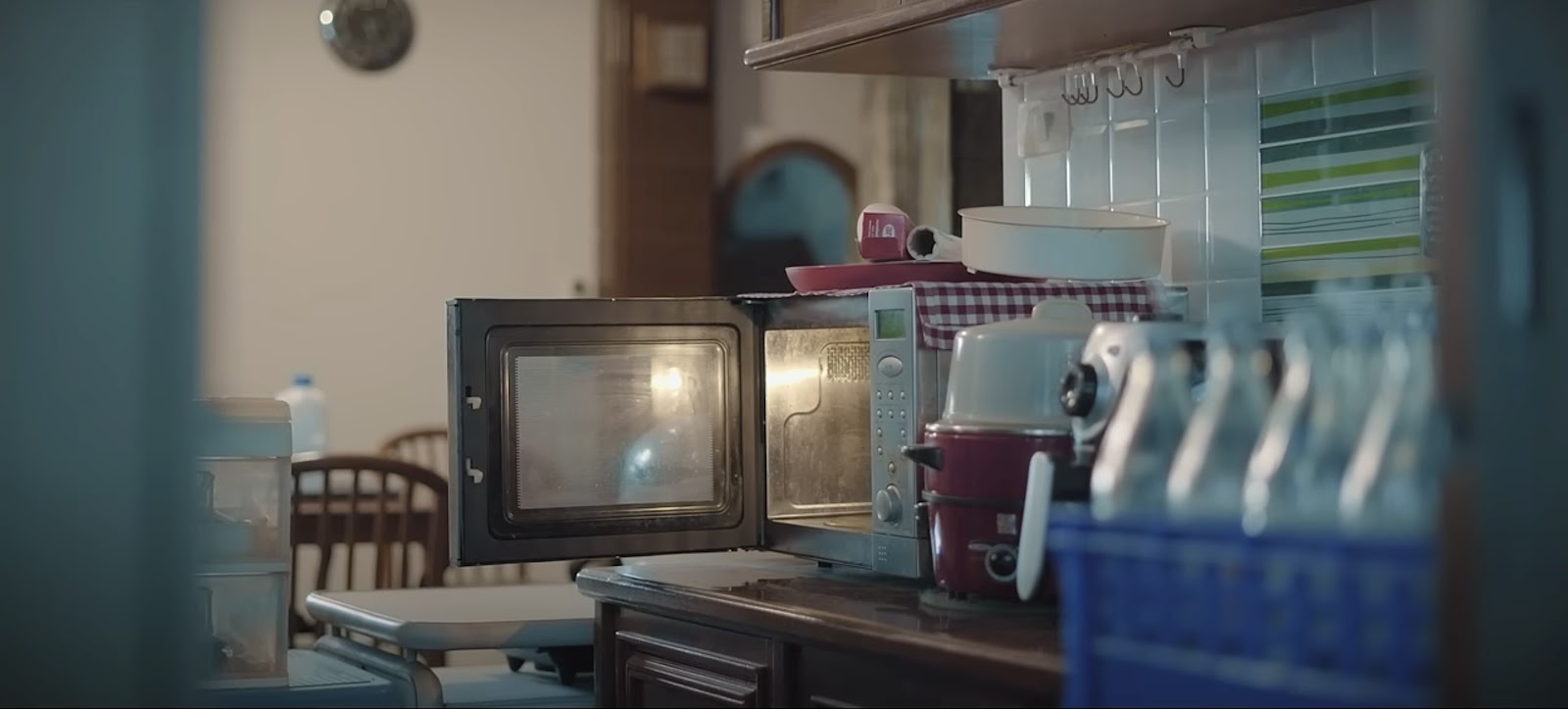Planning My Documentary
School Dyslexia Documentary
I chose to address dyslexia for my documentary as I want to bring to light a problem that is apparent in all schools. There are ways of fixing this problem, but this is not a priority for most schools. The mass scale of students that face day to day problems with dyslexia is profound and they are neglected leading them to struggle on their own with no support. Many of these children feel that they are not seen, and their voices are not heard. In this documentary I hope to give them a voice and a small platform to articulate their struggles to an audience that will listen. My intention for this project is to raise dyslexia awareness but also encourage the school to make improvements with their approach to dyslexia.
While researching about how to make a good documentary the most common piece of advice was to find a subject that you care about because as the filmmaker, I will express my own personal view. Since I have been through the school system and struggled with lack of school support for my dyslexia it gives me advanced knowledge on the subject but also a clear understanding on the areas that need to be targeted in my documentary.
I also found during my research a quote from Aristotle, “Educating the mind without educating the heart is no education at all.” I feel this quote will help the spectator watch the documentary in a more philosophical way, leading them to look for a message but also feel more moved from the documentary due to the emotional effects of the lack of support.
Firstly, for my research and planning I have found articles which have provided me with facts and statistics on dyslexia and how schools deal with it. This will allow me to add context to the spectator perhaps leading them to watch the documentary in a more critical perspective towards the teachers/school system. I also plan on digging deeper to find a counter argument to by question which will allow for the spectator to draw a more balanced opinion once provided all the facts. This information would appear at the start as intertitles which would help construct an argument and a point of view which would tie in with Nichols’ expository mode.
My documentary may heavily focus on the participatory mode of Nichols. I will interview students and teachers which will give my documentary a varied perspective. These interviews may counteract one another which I feel some will. The teachers will most likely claim that the support is great while the students could argue that they feel there is little to no support. This will provide greater depth to the documentary. As well as this I will interview teachers who suffer with dyslexia which may perhaps give a more balance argument due to personal experience.
For the performative aspect of the documentary, I perhaps will recreate events of students taking a dyslexia test, a student neglected in the back or maybe an enactment of an account from a student interview. This will potentially cause the spectator to favour a side due to the objective lens. I also will use observational where I will try be discreet with the camera while filming interactions, corridors and potentially classrooms and the learning hub.
The poetic mode is harder to plan as I most likely will explore this in post-production. However, I plan on arranging the chronology of the documentary to interweave the interviews from the students and the teachers causing the spectator to be confused on the truth. I did plan on giving the teachers I interview a dyslexia quiz which would be created by either me (following the research I have done through government websites and trained professionals) or a dyslexia specialist. If the teachers are willing to do this quiz, I will have the opening of the documentary the teachers’ original perspective, then the students and then the potentially changed perspective of the teachers. I also plan on filming the student interviews first and then showing them to the teachers (while filming). This would link to Nichols’ reflexive documentary mode as it will show a bit of behind-the-scenes information.
My next steps are to refine the information I have found on dyslexia so it is easier for the spectator to process, start reaching out to staff students, and ex-students so I can begin to plan interviews and see if I can have a dyslexia expert make a quiz and potentially be interviewed.



Excellent research, preparation, rationale, intentions. Interviews tend to be INTERACTIVE rather than participatory, although it does depend on how you do them. Aim to do them in various ways to find out the strengths and limitations of each.
ReplyDelete